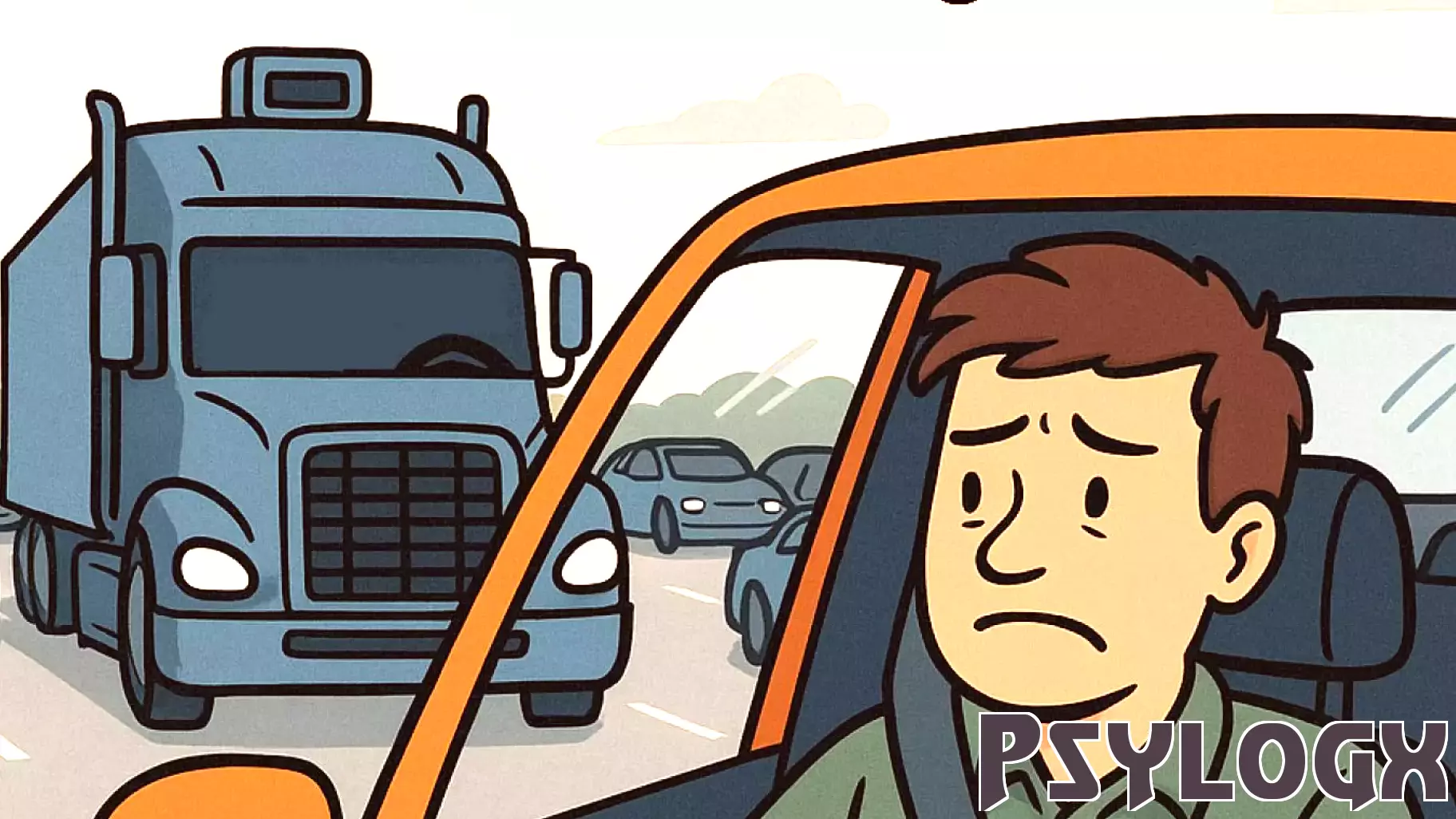Understanding Our Fear of Autonomous Vehicles
July 1, 2025 - 11:08

The apprehension surrounding driverless cars is more pronounced than our unease with inexperienced student drivers. This fear may stem from a fundamental human desire for control, as relinquishing the steering wheel to an artificial intelligence can feel unsettling. The concept of a machine navigating our roads evokes a sense of vulnerability, contrasting sharply with the familiar experience of teaching a novice driver.
Psychologically, humans often exhibit a natural mistrust of the unknown, similar to how infants initially react to new experiences. Over time, as we become accustomed to certain technologies, our fear can transform into trust. However, autonomous vehicles present a unique challenge, as they require us to place our safety in the hands of algorithms and sensors rather than human intuition.
This cognitive dissonance highlights the complex relationship we have with technology. As society moves toward greater reliance on AI, addressing these fears will be crucial in fostering acceptance and ensuring the safe integration of autonomous vehicles into our daily lives.
MORE NEWS

February 24, 2026 - 22:29
Beyond "Good Job": More Meaningful Ways to Offer PraiseThe phrase `good job` has become a default in our vocabulary, a well-intentioned but often hollow piece of feedback. While positive in spirit, its overuse can feel generic and fail to acknowledge...

February 24, 2026 - 04:34
Why Does Therapy Keep Reinventing Itself?The field of psychotherapy is in a state of perpetual renewal, not as a series of disconnected trends but as a deep evolution within our broader cultural and intellectual history. It continuously...

February 23, 2026 - 02:52
Maybe We Just Need to Get Out MoreThe elusive spark of creativity is often attributed to innate genius or intense, solitary thought. However, a growing perspective suggests that innovation depends less on raw talent and more on the...

February 22, 2026 - 11:38
Psychology says people who look significantly younger after 60 aren't just genetically lucky - they display 9 specific lifestyle patterns that started decades before anyone was paying attentionNew psychological insights are challenging the notion that looking significantly younger in later life is purely a genetic gift. Research indicates that individuals who appear decades younger after...